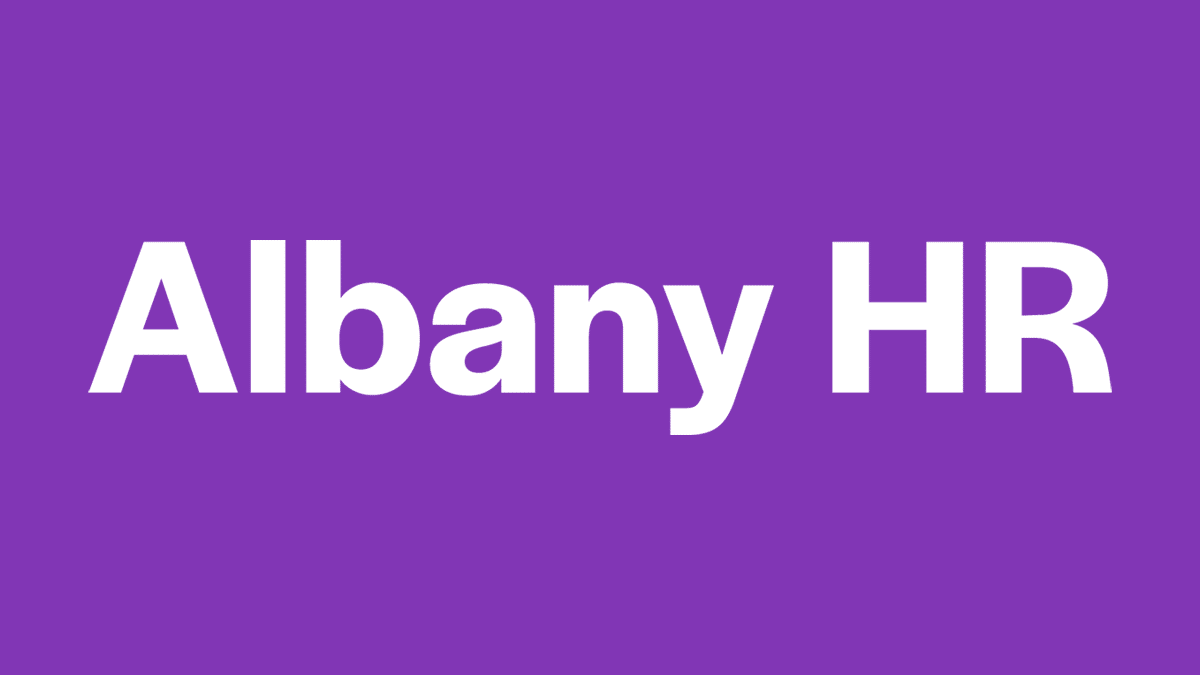Introduction
Conflict can happen in any workplace, and without mediation it is an expensive business. Simple differences between team members at work can rapidly escalate into disputes, which can then trickle down through the organisation. Mediation provides a positive opportunity to resolve workplace conflict in a cost effective and constructive manner. This case study explores how Albany HR partnered with our client to provide mediation to address a workplace conflict between two highly valued team members.
Background
Our client approached us about two respected and valued team members whose working relationship had recently broken down. The two individuals had worked together for 12 years. Person One was Person Two’s boss. Person Two managed the day-to-day running of a high profile and complex service area. Person One had a broader remit of which Person Two’s responsibilities were only a part.
Person Two was described as very efficient but Person One was concerned that they did not always prioritise their relationships with colleagues and other stakeholders. Person One believed that Person Two could appear brusque and rules orientated which was not always ideal in a customer-facing role, but until recently had not shared this feedback with them. Matters had come to ahead recently with the two disagreeing over the management of a new younger member of staff. Person Two believed they should be free to line manage without interference and felt Person One was not supporting them. Communication between the two had broken down and their most recent discussions had left both angry and upset.
Remit
Our HR Consultant, a trained mediator, held virtual meetings with each of the two individuals. These meetings provided an opportunity and safe space for the individuals to clarify the issues at stake and encourage them to consider possible solutions. Our mediators act impartially and non-judgementally, always providing a safe environment for discussion. Mediation is a voluntary process, and it was important during this part of the process to help both parties get to a point where they felt able to proceed to a joint meeting.
A joint meeting was arranged a few days later at a neutral venue, away from the workplace. Before the joint meeting took place our HR Consultant held separate preparatory meetings with each party to explain the joint meeting process and reiterate the principles of mediation.
Both parties then proceeded to the joint meeting. Our HR Consultant facilitated the meeting encouraging the two individuals to talk openly and honestly about the situation, and focus on ways to resolve their difficulties going forward. Our mediator ensured the meeting was conducted in a respectful and constructive manner, facilitating the parties towards a resolution whilst ensuring they retained responsibility for the outcome.
Success
During the meeting both parties shared facts and feelings about their situation, and by the end of the meeting the relationship had visibly changed. However, they had not reached an agreement about how they would manage their working relationship going forward. As a result, a second joint mediation meeting was arranged and at this meeting an agreement about rebuilding their relationship was reached.
Conclusion
Albany HR successfully supported our client to address a complex interpersonal situation. Mediation rebuilt the relationship between the two parties. It allowed the organisation and the individuals to move forward.
Let Albany HR be your partner in dealing with and resolving complex interpersonal situations. Mediation can be a cost-effective alternative to time and emotion draining investigations. If you’re looking for support, let’s talk!

